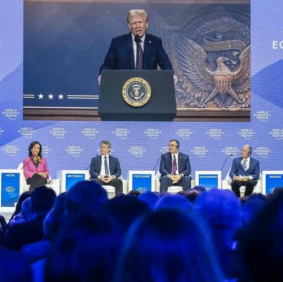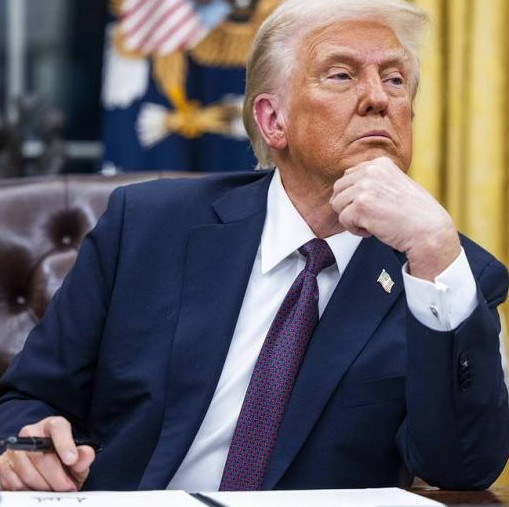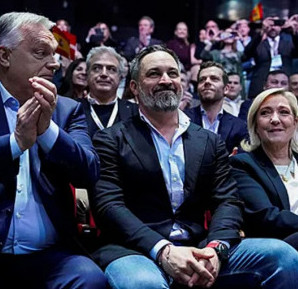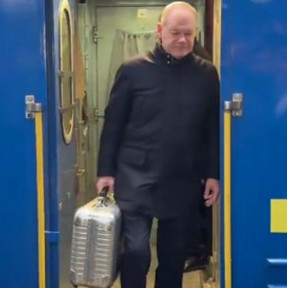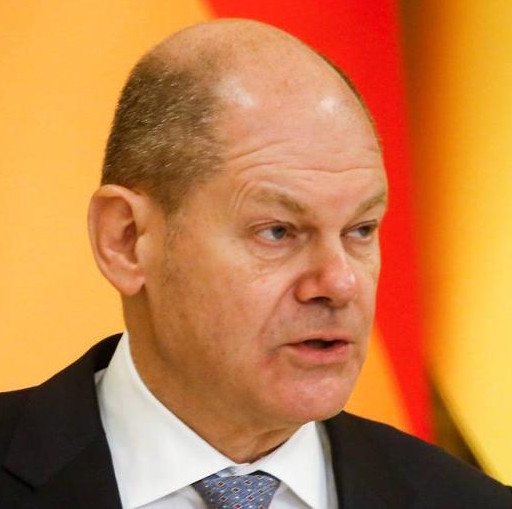The old-circulating rumors on the increase of Moscow transport prices at last realized. It is worth mentioning that the ticket to ride in Moscow is already the most expensive in the country and will be increased again after the New Year. Of course, currently the Russian passengers are not ready to pay 1.5 – 2 Euro for a trip as the Europeans used to do, therefore the routine price increase was implemented relatively softly. For example, the increase of trip price in Moscow in 2007 by 2 Rubles did not provoke any social stress; therefore, in 2008 it will bring again additional 2 Rubles to the municipal treasury.
Yuri Roslyak, Head of Economic Policy and Development Complex of the City of Moscow, claimed that the public transport will become more expensive by 13-15%. For example, a single-trip ticket in the Metro will cost 19 Rubles. A double-trip ticket will cost 38 Rubles, a 5-trip ticket – 84 Rubles, and a 10-trip ticket – 155 Rubles. A monthly 70-trip ticket will cost 600 Rubles, while an unlimited ticket (valid for one month for an unlimited number of trips) will cost 860 Rubles versus 770 Rubles today. A monthly discount ticket for students and schoolchildren will cost 180 Rubles.
Thus, since 2005 the Metro ticket price has increased by 30%. In 2005, a single-trip price in the Metro was 13 Rubles. There is only one good piece of news for the Metro passengers: as from January 1 the validity term of the tickets will be extended. Single- and double-trip tickets will be valid for 5 days instead of 3 days, while 5-60-trip tickets will remain valid for 45 days. However, after the New Year the term of validity will be counted from the date of purchase instead of the date of first gate-crossing as today.
The ground transport will be more expensive too. The Price Regulation Board reported that from January 1, 2008 the price of one public ground transport trip will be increased from 15 up to 17 Rubles while the price of one ticket bought from the driver will not change to remain 25 Rubles.
The Muscovites will pay 700 Rubles for a 30-day ground transport ticket. A three-month ticket will cost 1800 Rubles and an annual ticket – 6100 Rubles. A monthly ticket for students and schoolchildren will cost 207 Rubles versus 162 Rubles. A unified all-mode ticket that currently costs 1080 Rubles will cost 1300 Rubles as from the New Year.
The Moscow authorities permanently refer to high prices of fuel and high maintenance expenses to explain the transport price rise. Besides, they claim that it is necessary “to set off the inflation” that will be definitely not less than 10% by the year end.
The price of a suburban electric train ticket will be increased too. As quoted to Vladimir Starostenko, Chief of the Moscow Railway, they expect to increase a suburban electric train ticket price in 2008. By the decision is still pending. “Everywhere but in Moscow, the prices of suburban train trips are lower than the net cost. Only in 2007, the railway incurred losses totaling 5.2 billion Rubles”, he said.
The Chief of the Moscow Railway also reminded that the price of the electric train ticket for a trip within one zone is traditionally equal to the price of the Metro single-trip ticket. And if the Moscow Metro increases the single-trip price up to 19 Rubles as from the next year, the same price is expected to be set for a one-zone trip within the city of Moscow.
According to Starostenko, the electric train ticket price in the Moscow Area is expected to be increased up to 12 Rubles 50 kopeks per zone, and in other regions – up to 9 Rubles.
The railwaymen in charge of long-distance trips are also involved in the price-rise process. As quoted to Vladimir Yakunin, Chief of the Russian Railways, next year due to the inflation the prices of railway tickets will be increased by 14-25%. According to him, the price of the open-plan carriage ticket will rise by 14%, while that of the compartment or first-class saloon ticket will rise by 25%. The reasons are the same: the inflation plus increased cost of rolling stock maintenance and high fuel price.
Notwithstanding, the pill was sweetened. About 1100 additional trains were put on to satisfy the increasing passenger traffic. These trains will carry about fifty hundred thousand passengers. According to Mr. Yakunin, a 10-% discount is valid for this week. However, immediately prior to the holydays, especially on January 29, the prices may increase. As quoted to him, it will be done not in order to gain higher profit but to regulate the passenger traffic. Because on this day, the Russian Railways expect a peaking traffic. In 2006, only on December 29, about 200 thousand passengers departed from Moscow railway stations.
The most loaded directions will be from Moscow to St.Petersburg, Nizhny Novgorod, Kazan, Samara, Ulyanovsk, Voronezh, Tambov, Volgograd, Rostos and backwards. On December 21 and January 1, the prices will drop by 45%. The passengers who will travel from Moscow at midnight on December 31-January 1 will get special New Year gifts.
Meanwhile, experts calculated that in 2009 when the RRW will increase the ticket price again, the open-plan carriage will become more expensive by 13%, and in 2010 – by 12%. The tickets of the compartment and first-class saloon in 2009 will be more expensive by at least 13%, and in 2010 – by 12% more.
